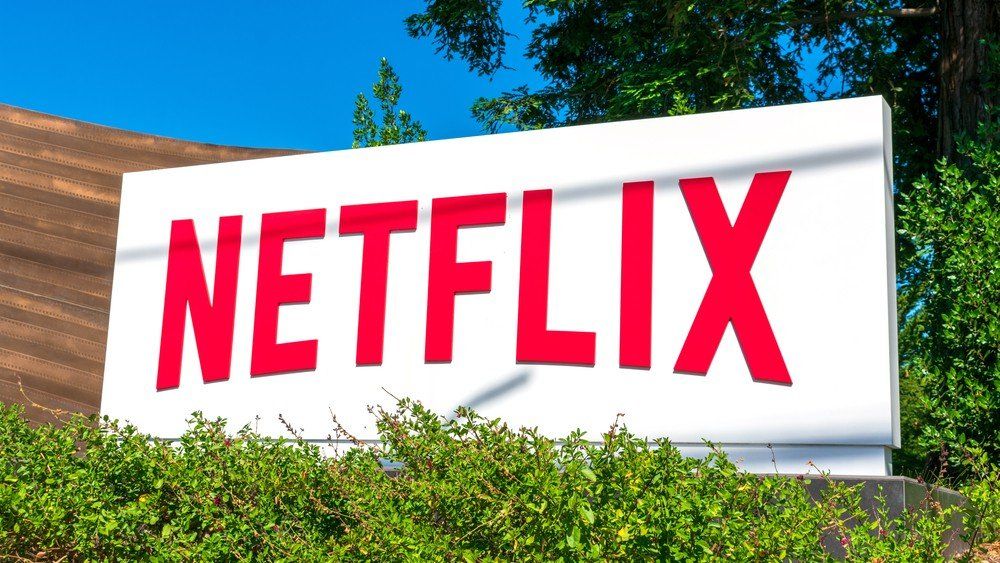
Key Takeaways:
– Zack Stentz, the writer of X-Men, disagrees with Judd Apatow’s criticism of Netflix’s licensing strategy.
– Stentz emphasizes the financial benefits of licensing older shows.
– The success of Suits on Netflix serves as evidence.
– Stentz believes making money should be a priority for creatives in the current financial climate.
– Apatow fears the licensing model will compromise quality filmmaking.
Stentz Counters Judd Apatow’s Concerns
Zack Stentz, renowned for his work on X-Men: First Class, has voiced his disagreement over The King of Staten Island director, Judd Apatow’s disapproval of Netflix’s strategy. Apatow expressed concerns last year when Warner Bros. Discovery licensed several HBO original series to Netflix, including Insecure, Band of Brothers, and Six Feet Under.
Dispelling Apatow’s fears, Stentz argues the model isn’t new. In fact, licensing shows to other outlets is a practice that had been lucrative for over 50 years before tech companies disrupted the industry.
The Financial Merits of Show Licensing
Highlighting the financial benefits, Stentz points towards the example of Suits. He credits Netflix and Peacock for bringing new life to the series several years after its finale, thereby generating additional revenue. Responding on Twitter, he explained, “The fact that it’s coming back should be a cause for celebration, not alarm.”
Stentz further clarified that he would gladly welcome residual pay from the resale of his old TV shows. The incidental success of Suits on Netflix not only generated revenue but also spawned a new spin-off series, Suits: L.A., debunking Apatow’s prediction that this model would hinder the creation of new content.
The Market Forces at Play
Stentz suggests that production companies will continue to create new shows to maximize profits. They can monetize through selling ads, subscription fees, or licensing to other platforms. Pushing back against Apatow, he states that these are the “fundamental laws of supply & demand & profitability” in the entertainment industry.
Pointing to prior industry behavior, Stentz notes a disruptive period from 2015 to 2021 when significant losses were incurred by companies to make their streaming services successful.
Apatow’s Fear for Quality Filmmaking
However, Judd Apatow remains skeptical, expressing that this model might jeopardize quality filmmaking or deter producers from taking significant risks. He believes that the success of films like Oppenheimer suggests audiences crave thought-provoking, original cinematic experiences, and not just content aimed at capturing eyeballs.
Although Apatow’s concerns around creative fulfillment are valid, Stentz counters that in these challenging financial times, profitability should be the primary goal for filmmakers.
In conclusion, the divergent views on Netflix’s licensing model by industry giants, Judd Apatow and Zack Stentz, reflect the ongoing debate about the balance between creative satisfaction, audience expectations, and financial viability in the evolving landscape of streaming services. As the industry navigates these complex dynamics, the success of this licensing model remains to be seen.